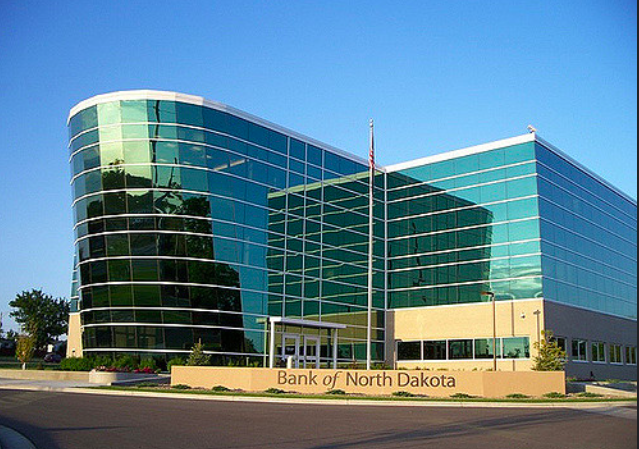
San Francisco faces no legal obstacles and no significant policy problems with creating a municipal bank, a recent report from the city’s budget and legislative analyst concludes.
The report, released late in November with very little news media fanfare, represents a major step towards putting the city’s sizable financial resources into community development, affordable housing, and small businesses instead of the profits of giant, corrupt financial institutions.

The report hinges in part on a change in the position of the City Attorney’s Office. In 2011, when then-Sup. John Avalos raised the issue, the budget analyst reported that state law would ban a municipal bank.
But since then, after detailed research, City Attorney Dennis Herrera has concluded that “in fact, State law does not preclude the city from creating a bank as a separate legal entity.”
In fact, the budget analyst notes, “a public bank would be better equipped to meet the city’s business needs and public policy goals.”
The idea is both well-established and profoundly radical. Today, San Francisco’s short-term deposits are in Bank of America, which holds about $130 million that’s used for payroll and other expenses. That giant North Carolina-based operation charges the city $780,000 a year in fees, the budget analyst reports.
Most of the city’s money – some $8.3 billion — is in fairly liquid investments, primarily US Treasury notes.
There is, in other words, plenty of cash to capitalize a municipal bank.
And the model already exists – in North Dakota, where since 1919 all state funds must be deposited in the public Bank of North Dakota.
Help us save local journalism!
Every tax-deductible donation helps us grow to cover the issues that mean the most to our community. Become a 48 Hills Hero and support the only daily progressive news source in the Bay Area.
It’s been a great success: The bank has been profitable for 13 straight years, returns money to the state – and helped the state sustain a budget surplus and avoid the financial disasters of the Great Recession.
That state “withstood the financial crisis by having a steady flow of credit available to member banks, which provided loans to small businesses and community members when it was difficult to obtain credit from commercial banks,” the report states.
The report mentions the cannabis industry as a potential major client: Since federal law still treats weed as an illegal drug, commercial banks typically refuse to serve cannabis-based businesses.
But if the bank were properly set up – and it would start with billions of dollars of city money as assets, and could be further capitalized with a General Fund grant or philanthropic money – it could provide low-cost funding for some of SF’s greatest needs.
If we want to be serious about ending homelessness, for example, we need to look at something like $5 billion or more for supportive and affordable housing. Bank of American won’t fund that. A city bank could.
A city bank wouldn’t charge the city fees. It could work with existing microlenders to fund small businesses owned by people of color and women. And it could provide another stream of revenue to the city.
It could also create a national model for how cities can use public money to leverage public needs, instead of relying on commercial banks.
This is potentially a huge deal – and one that the private banking industry will almost certainly oppose and try to derail.
Sup. Sandy Fewer asked for the report. She and Sup. Malia Cohen are talking about holding a hearing in February. I can almost see the Bank of America lobbyists lining up right now.


“(BofA) holds about $130 million that’s used for payroll and other expenses. That giant North Carolina-based operation charges the city $780,000 a year in fees”
That IS curious. My bank (Well Fargo) holds several thousands of my short (and not-so-short-term) funds, and doesn’t charge me a cent. In fact, pays me almost as much as BofA charges.
But I hardly think saving $800,000 a year is worth setting up a MUNI Bank, which would of course need an exec salary along with other employees who’s salaries, compensation and overhead would quickly eat up any savings (and more).
While I can see benefits to such an institution, such a plan also carries risks. Is funding for canabis operations, “affordable” housing (which will never pay back what it costs – by definition), and scam artists (which is what our politics would produce) really that demanding a need?